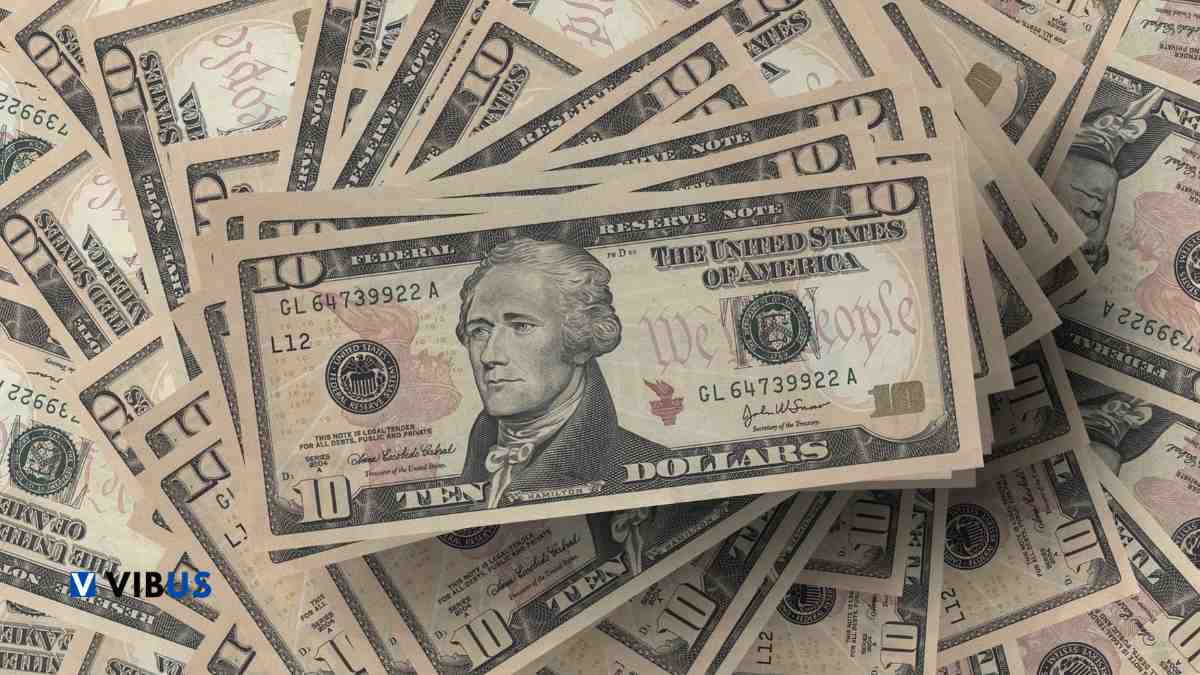Gas prices in the United States have reached historic highs, hovering around $4.24 per gallon. This surge, largely driven by the ongoing conflict in Ukraine, has prompted various measures to ease the financial burden on citizens. Find out If you are eligible for the new gas stimulus check.
In an effort to mitigate the impact of rising gas prices, the U.S. federal government is working on a specific stimulus package. Expected to be confirmed in July 2024, this measure aims to provide significant financial relief to eligible citizens. While the exact amount has not yet been determined, the stimulus is anticipated to make a considerable difference.
| Important links |
|---|
| Click Here for see al New News |
| PAYMENTS |
| stimulus checks |
| Social Security |
Who will benefit from the gas stimulus check
This federal stimulus will primarily target low-income families, who are most affected by high energy and fuel costs. These families not only struggle to pay for heating and hot water but also face difficulties commuting to work or educational institutions. The assistance is expected to be a one-time payment, offering a much-needed reprieve to the most vulnerable groups.
To qualify, citizens must be legal residents of the United States with annual incomes below $75,000 for individuals or $150,000 for couples filing jointly. The goal is to provide tangible support to those who need it the most.
State programs in action
In addition to federal efforts, several states have already implemented their own stimulus programs to counteract the rise in gas prices. Currently, 19 states offer aid that can reach up to $3,200 for qualifying residents. Here are some details of these state programs:
-
- Alaska: Residents can receive payments up to $3,200.
- California: Refunds up to $1,050 have been established.
- Colorado: Offers rebate payments of $750.
- Delaware: Rebates are $300.
- Florida: Stimulus payments are $450.
- Georgia: Provides rebates of $250.
- Hawaii: Residents can receive rebates of $300.
- Idaho: Rebate payments are $75.
- Illinois: Offers rebates of $50 and $300.
- Indiana: Rebate payments are $325.
- Maine: Direct relief payments can reach $850.
- Massachusetts: Implemented tax refunds of 14%.
- Minnesota: Frontline workers can receive payments of $488.
- New Jersey: Refund checks are $500.
- New Mexico: Rebates can reach $500.
- Oregon: Direct payments are $600.
- Rhode Island: Offers rebates of $250 per child.
- South Carolina: Refund checks can go up to $800.
- Virginia: Rebates are $250.
The importance of relief measures
These stimulus measures, both at the federal and state levels, are crucial in easing the financial pressure on American families. With the continuous rise in gas prices, many households find it challenging to balance their budgets. Rebates and stimulus payments provide necessary relief, allowing citizens to manage daily expenses without compromising their quality of life.
The war in Ukraine has been a significant factor in the increase in oil prices and, consequently, gasoline prices. Supply disruptions and economic sanctions have contributed to market volatility, directly impacting consumers’ wallets. This global context has led governments to adopt extraordinary measures to protect their citizens from energy market fluctuations.
Future projections and additional measures
As the confirmation of the federal stimulus is awaited in July 2024, it is likely that states will continue to adjust and expand their assistance programs to meet the changing needs of their residents. It is essential for citizens to stay informed about available measures and eligibility criteria to maximize the benefits received.
Additionally, citizens are advised to plan their finances in advance, considering potential increases in energy and transportation costs. Financial education and proper resource management can help mitigate the impact of high prices.
The rise in gas prices in the United States has prompted a series of responses at both federal and state levels to alleviate the economic burden on citizens. Stimulus programs and tax rebates are essential measures to provide tangible relief to the most affected families. Staying informed and planning ahead are key to navigating these times of economic uncertainty.



